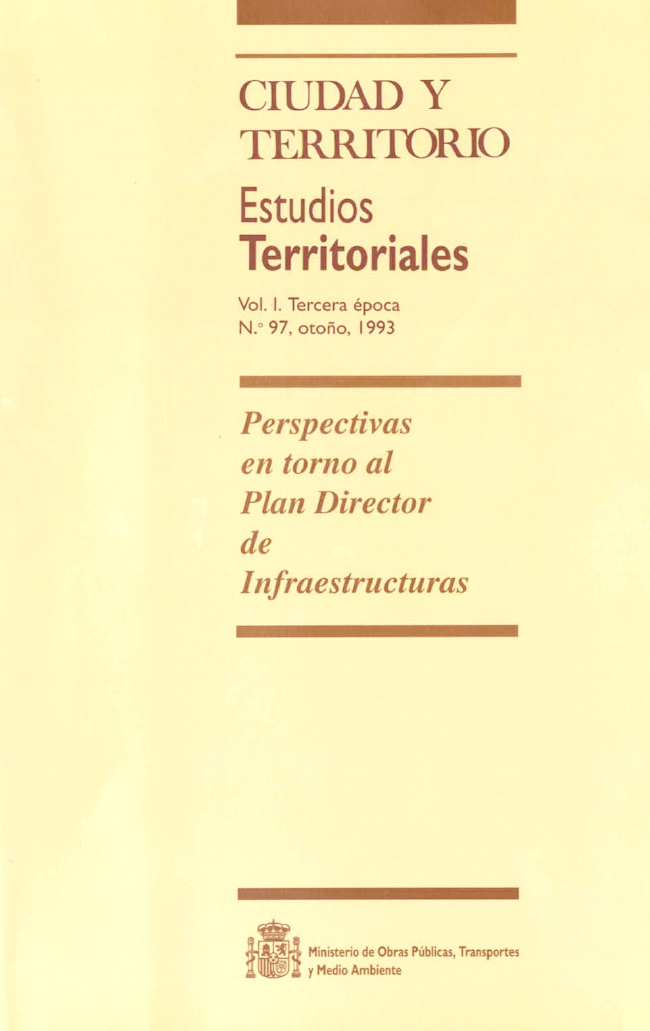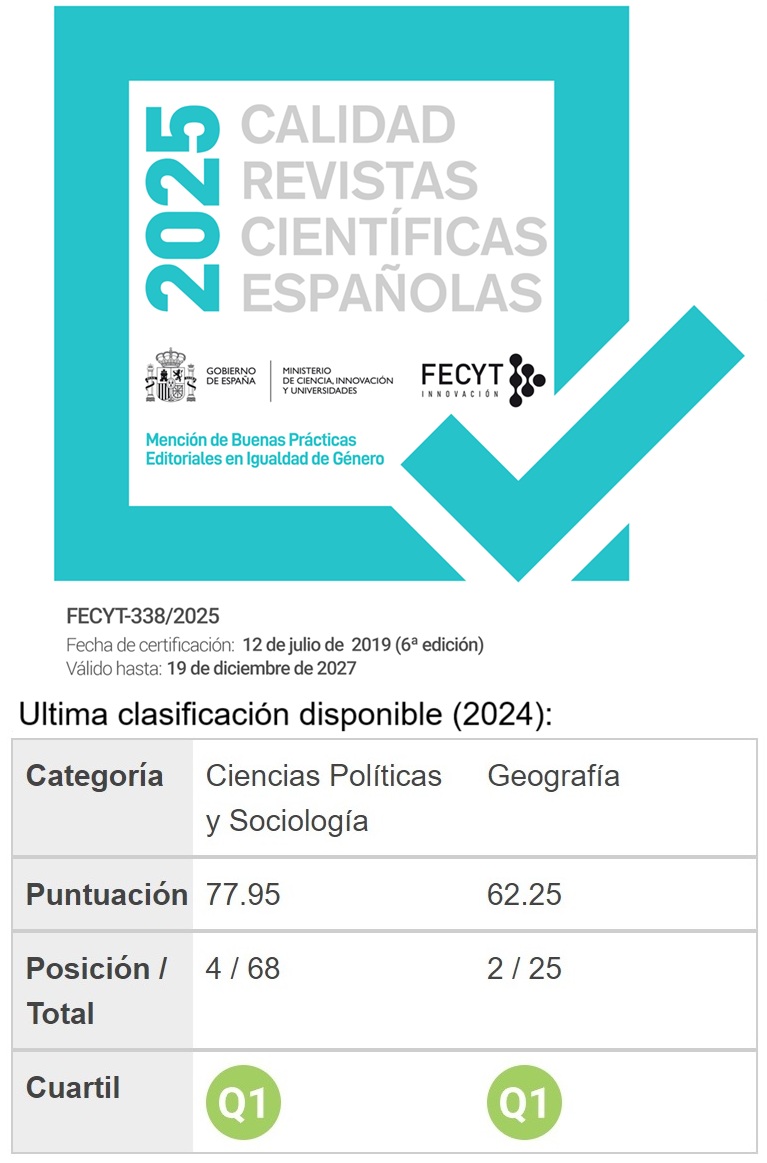Plan Director de Infraestructuras: un debate imprescindible
Resumen
La Federación Estatal de Transportes, Comunicaciones y Mar de Comisiones Obreras (FETCOMAR-CC.00.) ha venido defendiendo en España la necesidad de la planificación del sistema de transportes. En ese sentido, aprueba la presentación del PDI, que ha abierto un intenso debate social sobre las infraestructuras, que considera imprescindible. FETCOMAR-CC.00. realiza su valoración desde el punto de vista de las filosofias que marcan el Plan. Como puntos positivos destaca el carácter de instrumento de debate del propio plan, el esfuerzo planificador que supone, el mantenimiento de la inversión, la apuesta por la intermodalidad y la apertura de nuevos debates como el de la financiación de las infraestructuras. Como elementos negativos señala la limitación del debate a la cuestión infraestructura y no al modelo de transporte, su previsible inestabilidad política, la falta de una mayor concreción y priorización, cierta concentración, de la inversión, un balance ecológico negativo y su falta de sincronía con el Libro Blanco de Transportes de la CE. Por todo ello, plantea la apertura de un debate de amplio espectro social en unas condiciones políticas más favorables, así como un enfoque más acorde del PDI con el Libro Blanco de la CE.
Descargas
Descargas
Publicado
Cómo citar
Número
Sección
Licencia
Derechos de autor 1993 Julián Jiménez Jiménez

Esta obra está bajo una licencia internacional Creative Commons Atribución-NoComercial-SinDerivadas 4.0.
Sin perjuicio de lo dispuesto en la legislación vigente sobre Propiedad Intelectual, y conforme a la misma, el/la los/las autor/a/es/as que publiquen en CyTET cede/n a título gratuito, de modo no exclusivo y sin límite temporal al Ministerio de Transportes, Movilidad y Agenda Urbana los derechos para difundir, reproducir, comunicar y distribuir en cualquier formato actual o futuro, en papel o electrónico, la versión original o derivada de su obra bajo licencia de Creative Commons Reconocimiento-NoComercial-SinObraDerivada 4.0 Internacional (CC BY-NC-ND 4.0), así como para incluir o ceder a terceros la inclusión de su contenido en índices, repositorios y bases de datos nacionales e internacionales, con referencia y reconocimiento en todo caso de la autoría del mismo.
Además, al realizar el envío, el/la los/las autor/a/es/as declara/n que se trata de un trabajo original en el que se reconocen las fuentes que han sido utilizadas en su estudio, comprometiéndose a respetar la evidencia científica y a no modificar los datos originales para verificar o refutar una hipótesis de partida; que el contenido esencial del mismo no ha sido publicado previamente ni se publicará en ninguna otra obra o revista mientras esté en proceso de evaluación en la revista CyTET; y que no se ha remitido simultáneamente a otra publicación.
Los autores deben firmar un Formulario de Cesión de Derechos, que les será enviado desde la Secretaría de CyTET una vez se acepte su artículo para ser publicado.
Con el objetivo de favorecer la difusión del conocimiento, CyTET se adhiere al movimiento de revistas de Open Access (OA) y entrega la totalidad de sus contenidos a diversos índices, repositorios y bases de datos nacionales e internacionales bajo este protocolo; por tanto, la remisión de un trabajo para ser publicado en la revista presupone la aceptación explícita por parte del autor/a de este método de distribución.
Se anima a las/os autoras/es a reproducir y alojar sus trabajos publicados en CyTET en repositorios institucionales, páginas web, etc. con la intención de contribuir a la mejora de la transferencia del conocimiento y de la citación de dichos trabajos.








 Enlace a CyTET en Linkedin
Enlace a CyTET en Linkedin